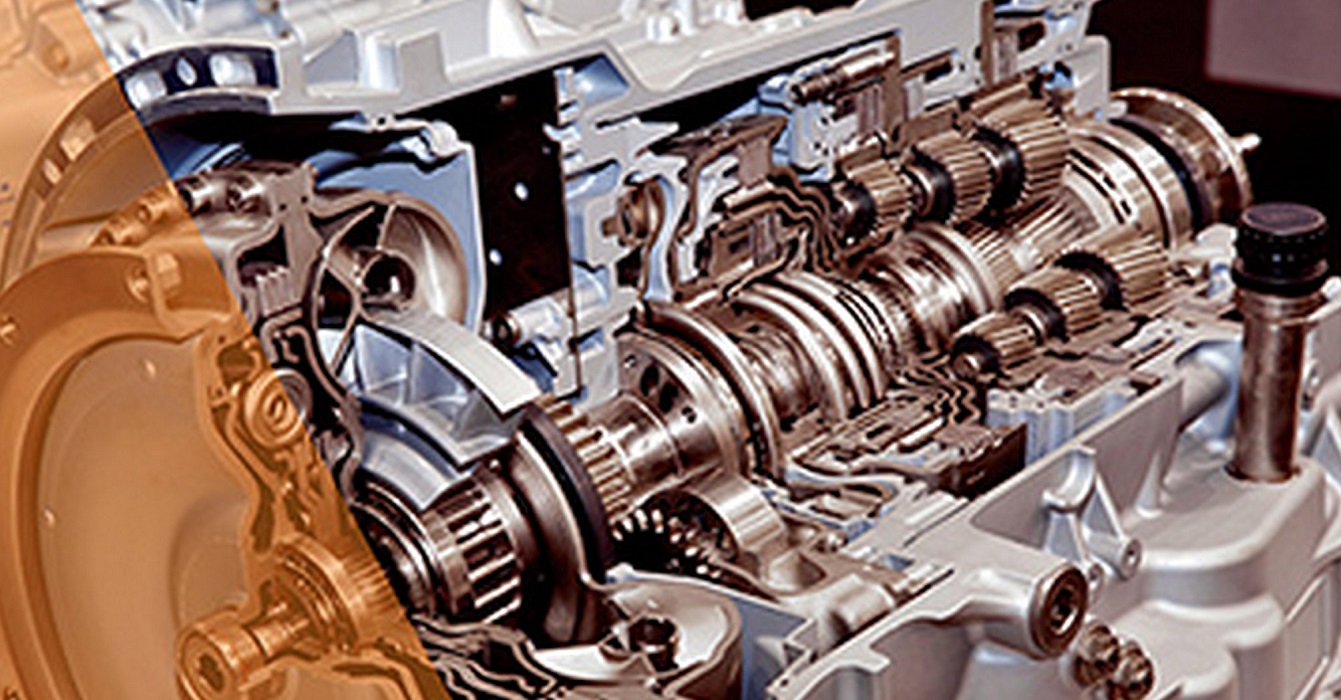Control engineering aims at understanding the physical systems through mathematical modeling in the form of inputs and outputs of a system. This course provides a broad range of techniques used in modern control systems analysis and synthesis. It gives insight to real-world, global engineering problems while touching on evolving design strategies like green technology. Throughout the course, the student applies relevant theory to the design and analysis of control systems, with particular emphasis on design techniques to achieve desirable transient and steady state behavior. The material presented emphasizes the classical analysis and design techniques to achieve overall system stability and acceptable performance. The class of Linear Time Invariant (LTI) Single-input Single Output (SISO) systems is of primary focus, although a more general introductory treatment is also given in terms of state space and transfer matrix representations of Multi-input Multi-output (MIMO) systems. The course also exhibits control systems as a multidisciplinary subject finding applications in electrical, chemical, mechanical, biomedical, and other branches of engineering.

- Lecturer: Haniph Latchman